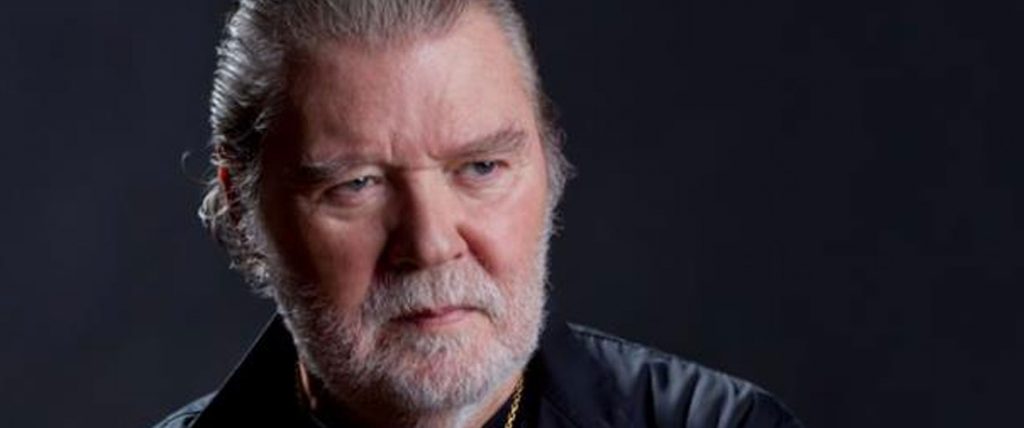He was born into a family with enormous economic needs, so at the age of 12 he stopped studying and started working to help the family, at UTIC, a car parts company. Later he joined the National Shipping Company where he remained until he was 19 years old.
It is during this period that he takes his first steps in music as part of a vocal group called “Os Cinco Réis”, which interpreted Latin American songs in Portuguese versions. This band even recorded an album: “O Pepe” and appeared in several television programs. But in the meantime Rodrigo is called up for military service and the band breaks up.
At the age of 21, Rodrigo emigrates for the first time, bound for France, driven by a desire to know and learn new things. On the eve of the trip, together with friends, they end the farewell night at a Fado house in Alcântara, “Cesária”, a unique experience for Rodrigo, not only for the environment that surrounds him, but also for the fact that he sings for the first time in the only Fado he knew: “Biografia do Fado” by Carlos Ramos. This was his “presentation to Fado”, a success among those who listened to him, leaving him definitively seduced by the genre.
This moment leaves marks on his life and during his stay in France he would tune in to Emissora Nacional programs to listen to Fado.
Rodrigo permanently returns to Portugal at the age of 26 and starts to attend and sing assiduously in amateur Fado houses, the vast majority located in Cascais and surroundings, where he meets a unique generation of fadistas; Teresa Tarouca, António Melo Correia, João Braga, José Pracana, Carlos Zel, Carlos Guedes Amorim, Teresa Siqueira, among others. He began to be asked for live shows and invited to the first recording.
He became professional in 1975, but still as an amateur he recorded his first albums, such as “Eu sou povo e canto espera”, in 1973.
The national projection will arrive with the album “Coentros e Radibanes”, published in 1976, and with it countless concerts, interviews and programs on television. Rodrigo is even invited to a Gala at the Figueira da Foz Casino.
At the beginning of the 80’s he opened his own Fado house, in Birre, on the outskirts of Cascais, “O Arreda”, followed by “Picadeiro” and “Estribo” that moved to “Forte D. Rodrigo”, dedicating himself to almost exclusively to his great passion, Fado.
In the middle of the same decade Rodrigo was one of the promoters of the Portuguese Union of Variety Artists (UPAV).
In view of the remarkable success, there are numerous trips and shows that it integrates, highlighting the strong connection to Portuguese communities spread throughout the world. All the shows are prepared to the smallest detail, from the care in choosing the repertoire, the musicians who accompany it, -usually António Parreira, José Nobre Costa on the Portuguese guitar, Francisco Gonçalves and Raúl Silva on the viola – to a small introduction about the poem to be sung.
He received an Honorary Citizenship from the Rhode Island (U.S.A.) State Senate.
From his repertoire we highlight the great hits: “Cais do Sodré” by Francisco V. Bandeiras, “Gente do Mar” and “Eu sou povo e canto espera” by João Dias, “Coentros e Rabanetes” by Jorge Atayde.
With a personality of his own, Rodrigo continues to be a notable case of popularity.
Source: Museu do Fado (2006)





